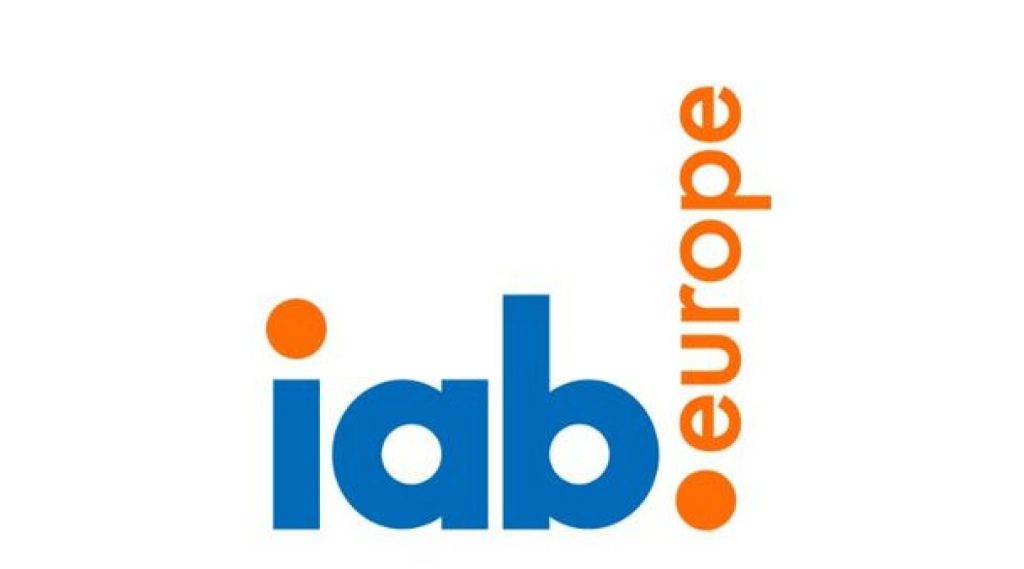 The Interactive Advertising Bureau (IAB) Europe has published its measurement standards for retail media in Europe. This gives brands a framework to measure the effectiveness of their digital advertising campaigns. It is a first step in IAB Europe’s plans to create industry standards for retail media.
The Interactive Advertising Bureau (IAB) Europe has published its measurement standards for retail media in Europe. This gives brands a framework to measure the effectiveness of their digital advertising campaigns. It is a first step in IAB Europe’s plans to create industry standards for retail media.
IAB Europe is an international association that represents the digital advertising and marketing ecosystem. Among members of the association are media, technology, marketing companies and other international IAB’s. It aims to promote industry cooperation and provide frameworks and industry standards.
Retail media is a relatively new phenomenon. It assumes that retailers have free advertising space. Here we mean, for example, ads in search results, on overview pages and product groups. These ads are shown on the websites of online stores or in shopping apps.
Another example are ads on online marketplaces. Amazon is already actively selling ad space, in Q4 last year it generated almost 15 billion dollars by selling those spaces. This was an increase of 27 percent compared to a year before.
Last summer, IAB Europe established a workgroup that will create standards for this industry. This is an effort to professionalize the market. The association has now released its measurement standards. This will give advertisers more insight into what the investment into the advertising campaign is getting them. Their media agency will receive data on reach, attribution and other campaign insights.
So far, the measurement standards cover primary media metrics (like impressions and viewability) to ensure that digital retail media ads stick to the same standards as other digital ads. It also covers attribution metrics, to make sure that brands can compare their advertising investments with a standard lookback window and iROAS definition.
Some standards for additional insights have also been set. However, the association still wants to include more and will continue working on a broader set of standards. It already has released a roadmap for its plans in the rest of this year.
In the advancing landscape of digital advertising, Retail Media emerges as a crucial media solution, yet its potential was hindered by challenges such as lack of standardization. According to IAB Europe research, only half of buyers currently recognize the efficiencies of Retail Media and seek consistent measurement and standards.
To unleash the full power of Retail Media, addressing this critical gap through standardized measurement methods is paramount. Moving beyond traditional KPIs like ROAS or CPC, the focus on standardization, particularly in media and attribution measurement, holds the key to unlocking its true efficiency, experts say.
With the publication of the first set of European Retail Media Measurement Standards, we affirm our dedication and commitment to providing industry stakeholders with a robust framework that ensures consistency across the ecosystem and enables Retail Media to thrive. These standards not only establish much-needed uniform metrics but also foster transparency, making room for greater innovation and investment in this space, said Townsend Feehan, CEO of IAB Europe.
 Otto saw a significant decline in revenue in the past fiscal year. However, the trading volume slightly increased, thanks to sales from partners on Otto’s marketplace. They account for one-third of the income. Otto aims to expand its marketplace offering within Europe.
Otto saw a significant decline in revenue in the past fiscal year. However, the trading volume slightly increased, thanks to sales from partners on Otto’s marketplace. They account for one-third of the income. Otto aims to expand its marketplace offering within Europe.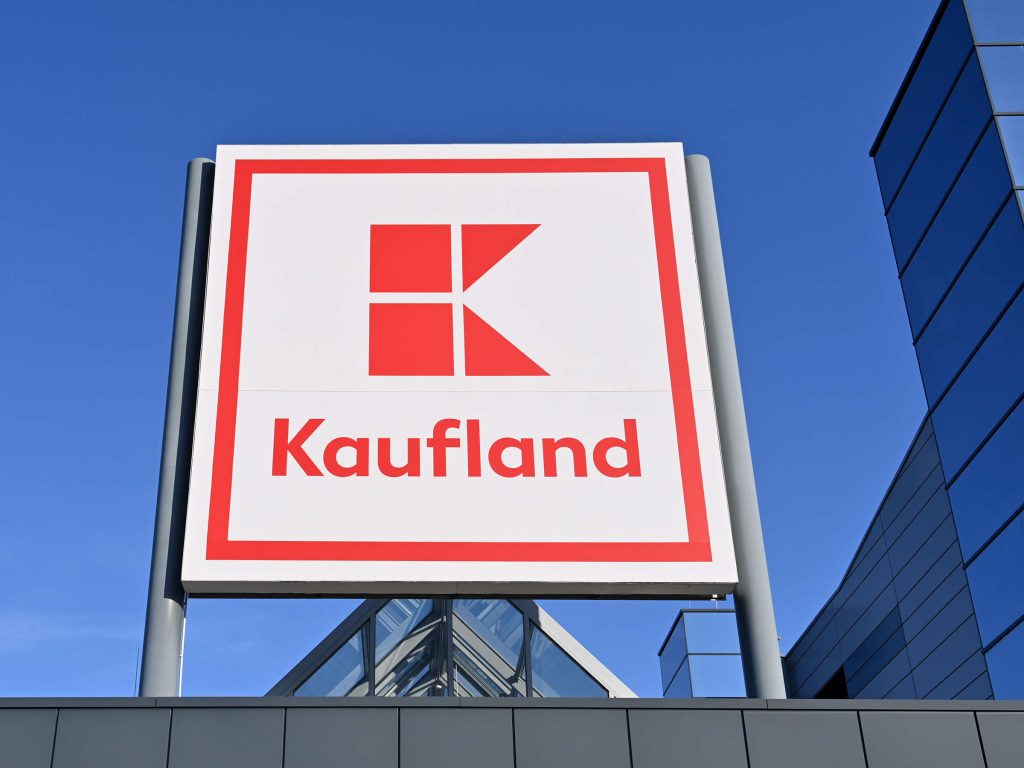
 Fresh analysis has been published by Billie, an BNPL solution for B2B sellers. According to its findings, the total European value of B2B goods sold online is estimated to reach 1.7 trillion euros by 2025. However, B2B sellers in Europe are not utilizing all available opportunities yet. Most of them only allow local buyers to shop their goods.
Fresh analysis has been published by Billie, an BNPL solution for B2B sellers. According to its findings, the total European value of B2B goods sold online is estimated to reach 1.7 trillion euros by 2025. However, B2B sellers in Europe are not utilizing all available opportunities yet. Most of them only allow local buyers to shop their goods.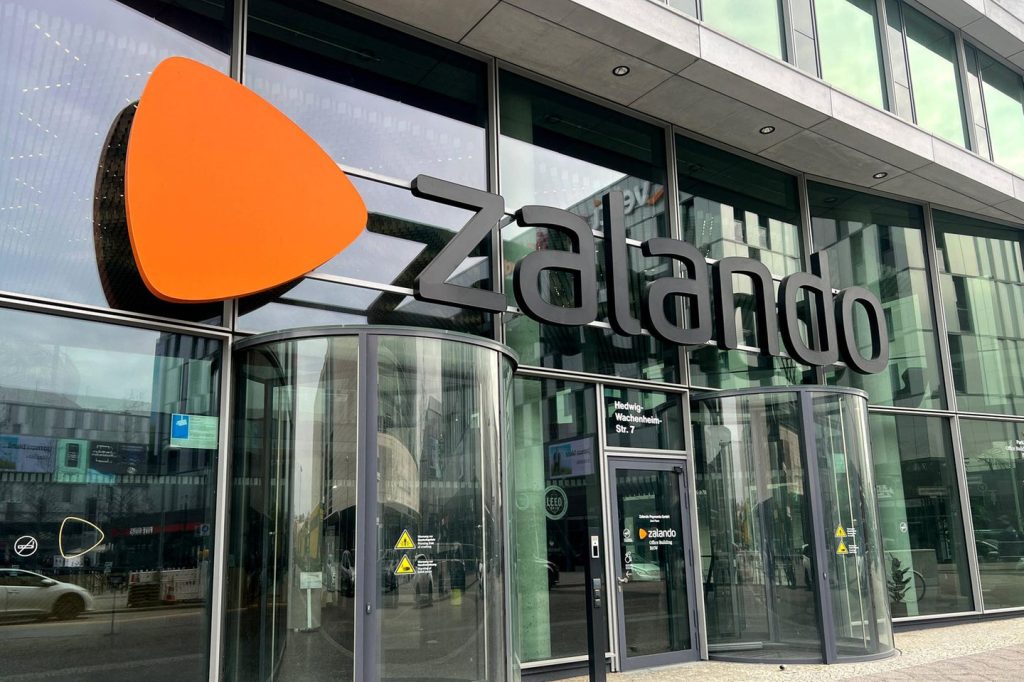 For the second consecutive year, Zalando has seen a decline in its revenue, whereas a growing portion of its income comes from sales partners on the platform.
For the second consecutive year, Zalando has seen a decline in its revenue, whereas a growing portion of its income comes from sales partners on the platform.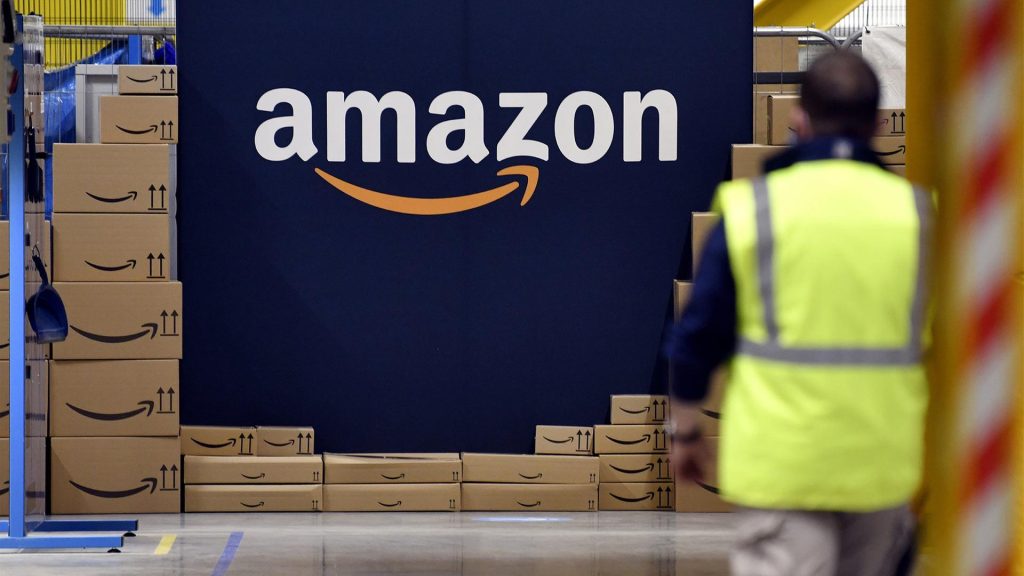 Amazon lobbyists are no longer welcome in the European Parliament. Their access passes are being revoked due to concerns over transparency and working conditions, which is a rare decision.
Amazon lobbyists are no longer welcome in the European Parliament. Their access passes are being revoked due to concerns over transparency and working conditions, which is a rare decision.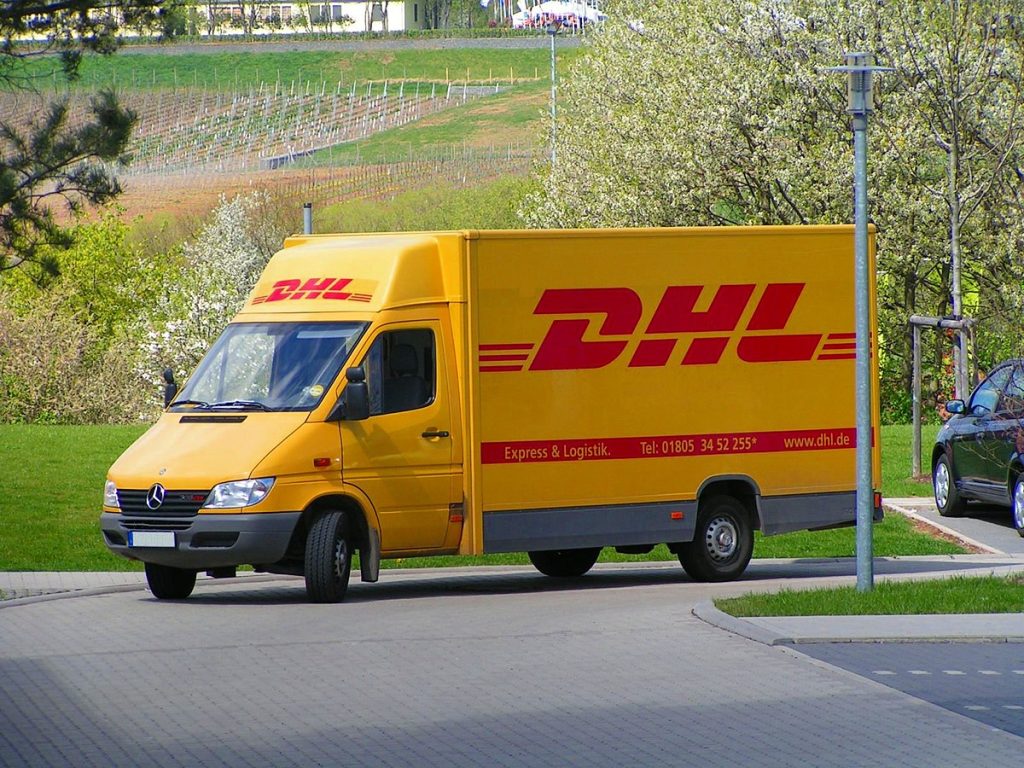
 A report from the insurance provider Chubb found that the ecommerce problems of most concern among consumers regarding social commerce were different from those expressed by retailers.
A report from the insurance provider Chubb found that the ecommerce problems of most concern among consumers regarding social commerce were different from those expressed by retailers. The amount of online shoppers in Europe decreased 1 percent in 2023. However, the amount of regular online shoppers has remained stable. And 7 out of 10 of these regular online shoppers were active on C2C platforms, where they bought or sold secondhand products.
The amount of online shoppers in Europe decreased 1 percent in 2023. However, the amount of regular online shoppers has remained stable. And 7 out of 10 of these regular online shoppers were active on C2C platforms, where they bought or sold secondhand products. Last week, Shopify has launched its Winter ’24 Edition, which includes more than 100 product updates to its ecommerce platform. These include features to make international selling easier. Merchants can now add a localized online store for up to 3 markets.
Last week, Shopify has launched its Winter ’24 Edition, which includes more than 100 product updates to its ecommerce platform. These include features to make international selling easier. Merchants can now add a localized online store for up to 3 markets.